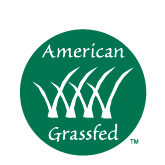Can Beef Be Carbon Neutral?
Can beef be carbon neutral? The answer is yes, as long as farmers follow sustainable grazing practices.
Climate change is the most pressing issue of our time. Our planet’s future literally depends on reversing its effects. Livestock production accounts for approximately 14.5% of all greenhouse gas emissions, a primary climate change driver. Beef cattle make up 41% of livestock greenhouse gas emissions.
Healthy soils sequester, or store, carbon dioxide. Overgrazing results in the release of this stored carbon into the atmosphere. Sustainable agricultural practices prevent overgrazing by rotating cattle from pasture to pasture before they eat grasses down to the point where soil erosion occurs and carbon is released. Exactly how much soil carbon exists on specific lands depends on numerous factors. These include climate, plant species, drainage, and soil types.
When you order 100% grass fed meats from Thousand Hills Lifetime Grazed, rest assured that your meat was raised in a holistic manner designed for carbon neutrality.
Carbon Neutrality
Carbon neutrality means that products are produced without a corresponding increase in the emission of greenhouse gases. The use of fossil fuels is the biggest culprit in greenhouse gas production. These emissions result in the atmosphere developing a reflective shield keeping heat below it trapped. This causes a rise in global temperatures. U.S. agriculture accounts for under 10% of such emissions, but that is still a significant amount.
The soil sequesters carbon via photosynthesis. Plants return some assimilated carbon to the atmosphere through respiration, but the bulk remains as part of plant tissue. Grazing animals consume the plants, or carbon is added to the soil as the plant material dies and decomposes.
Methane produced by livestock burping is another source of greenhouse gas emissions. According to the University of California at Davis, each cow belches 220 pounds of methane annually. However, sustainable grazing practices can offset livestock-produced methane.
Conventional tilling and grazing practices release carbon into the atmosphere. There is a better way.
Carbon and Beef
Beef raised using conventional methods increase carbon amounts. Continuous grazing on the same lands leads to degradation and carbon release. Overgrazing causes root system deterioration. When roots are long and dense, they are able to store more carbon.
Although cattle evolved to eat grass, grain fed beef rely on corn for “finishing,” or rapid weight gain prior to slaughter. Corn is heavily dependent on carbon. Currently, 97% of U.S. beef cattle are finished in giant Confined Animal Feeding Operations (CAFOs), generally referred to as feedlots.
In contrast, regenerative beef practices are carbon neutral. Pasture rotation allows plant species to rest and recover, rather than have grasses succumb to overgrazing. Using manure for pasture fertilization produces more soil organic matter, which enhances microbial activity in the soil. More nutrients are recycled and more carbon sequestered. Such applications can bank an additional ton of carbon per year per acre. The manure continues to nourish cover crops placed on the land after it has rested.
Regenerative agriculture helps reverse climate change. Cattle raised using these holistic methods help rebuild damaged soil and boost biodiversity. Management involves ensuring the cattle have eaten the right amount of forage for regrowth stimulation and then moving them to another pasture or area of grasslands.
Benefits include reduced erosion, water quality improvement, less nutrient loss, and preservation of food and habitat for native flora and fauna. Pesticides, herbicides, and synthetic fertilizers are not used. While regenerative beef accounts for only 3% of U.S. production at this time, it is a rapidly growing market sector as more consumers demand humanely raised beef with a minimal carbon footprint.
100% Grass Fed Beef from Thousand Hills Lifetime Grazed
At Thousand Hills Lifetime Grazed, consumers have the opportunity to not only purchase delicious 100% grass fed beef products but support ecologically-friendly carbon neutral beef practices. Our cattle never receive growth hormones, antibiotics, or grains. Their entire lives are spent on forage or well-managed grasslands. The meat is leaner, full of antioxidants and omega-3 fatty acids, and better for your health. Regenerative agriculture is sustainable agriculture, and good for the planet.


